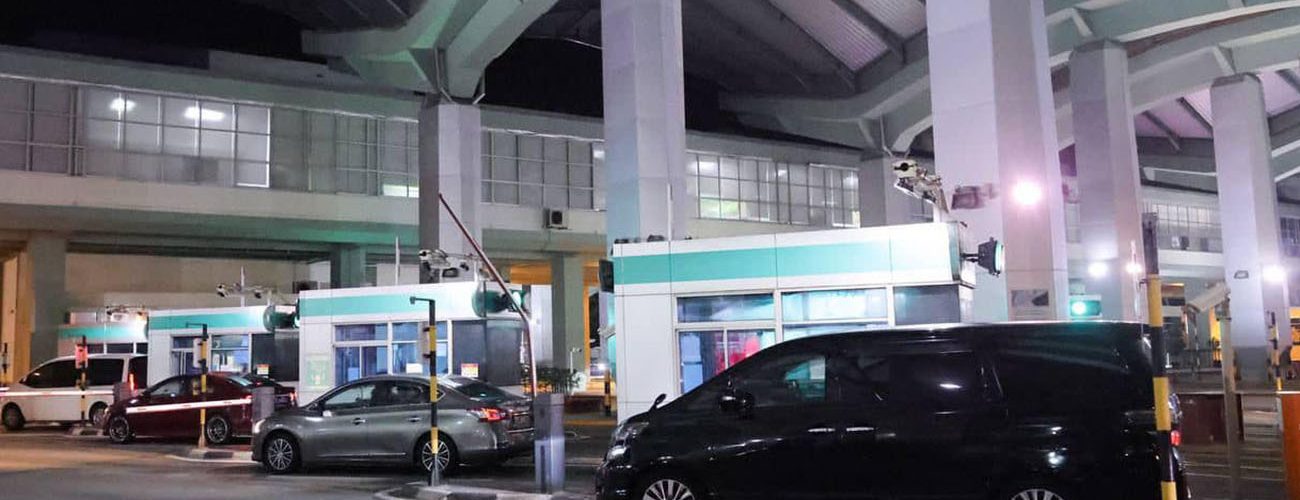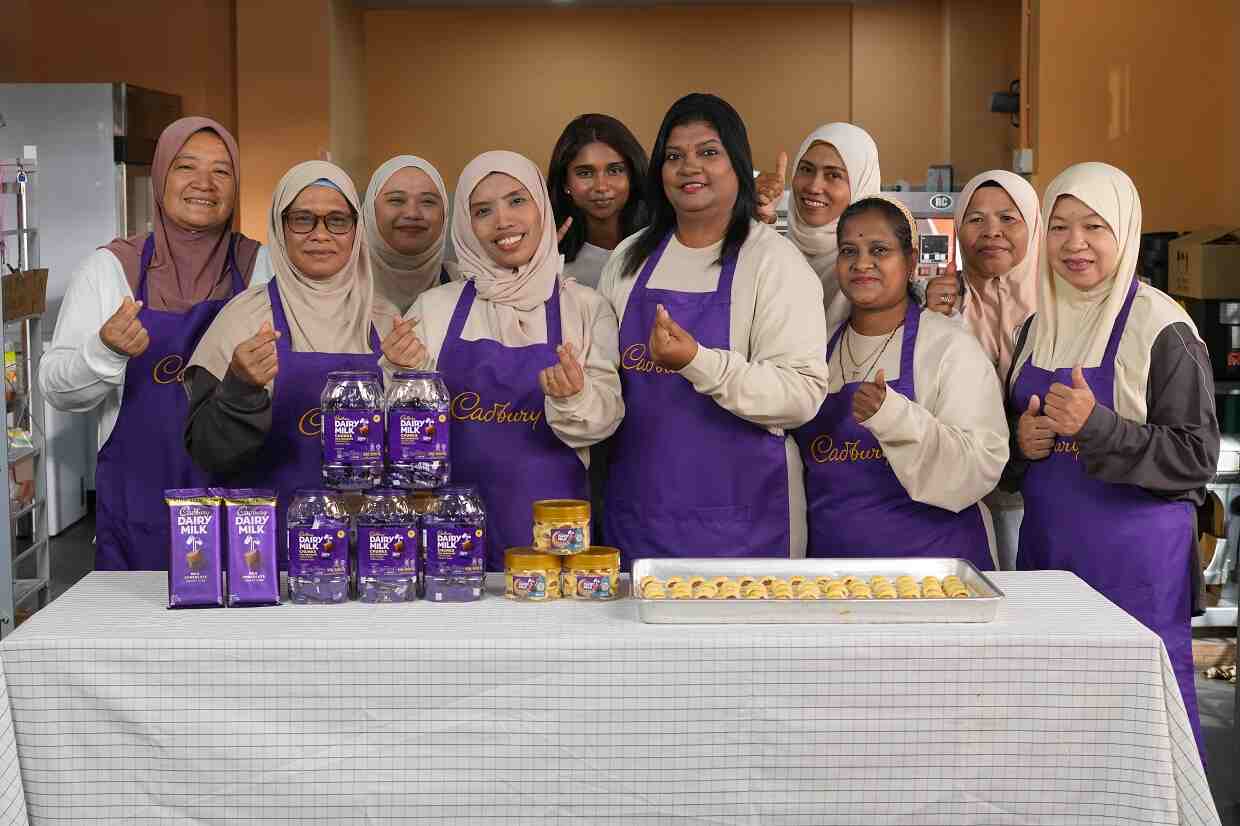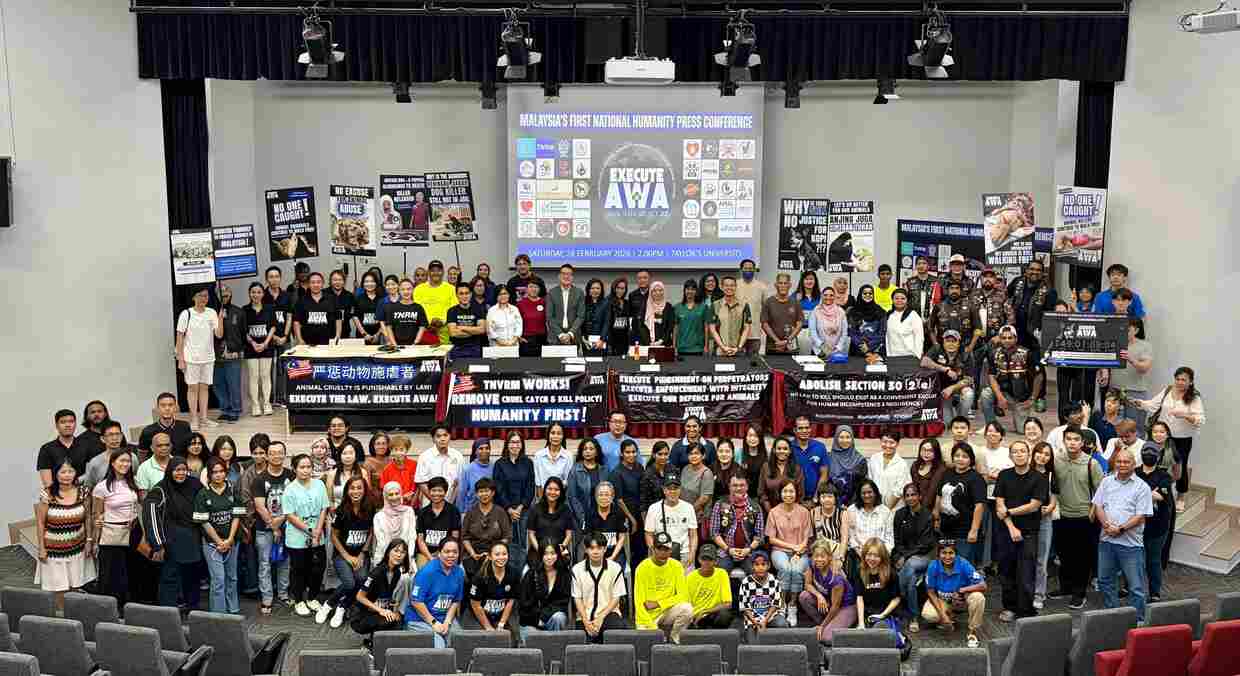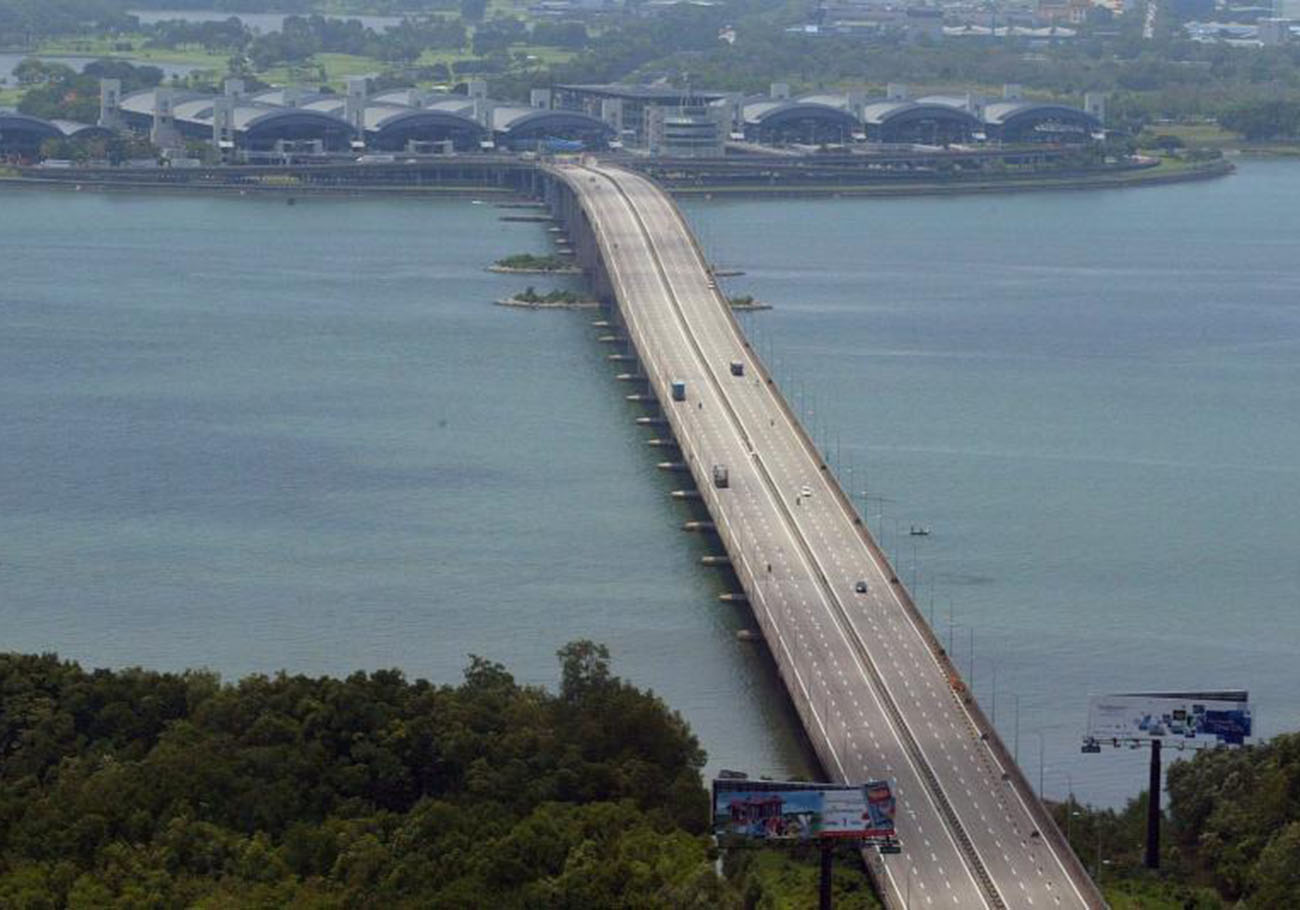
The government has granted approval for an allocation of approximately RM168.70 million to alleviate traffic congestion at the nation’s entry points, including the Customs, Immigration, and Quarantine (CIQ) complexes.
Deputy Prime Minister Datuk Seri Fadillah Yusof announced this allocation for three key physical projects and incentives for immigration officers on duty at entry points.
Mitigating congestion and streamlining processes
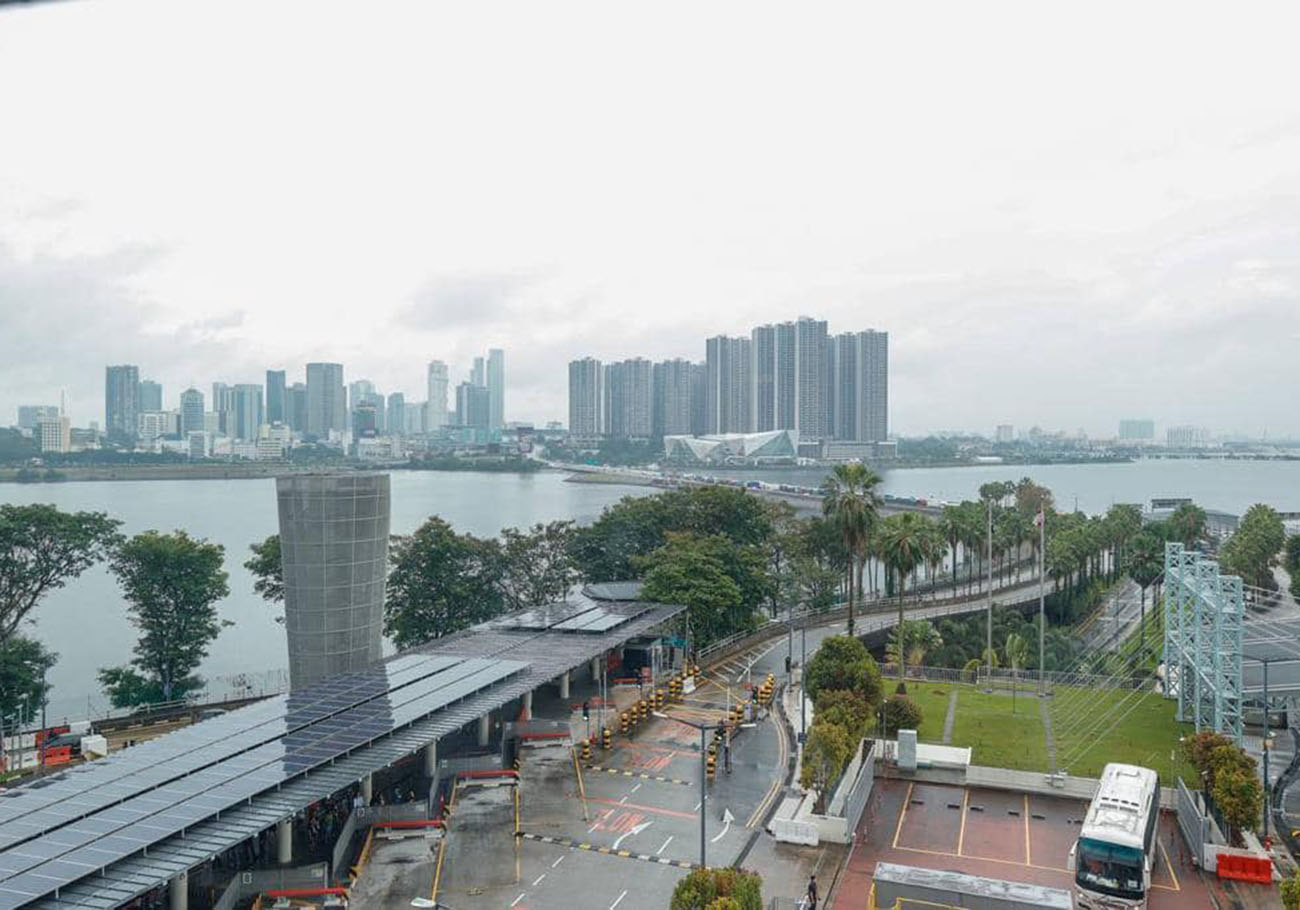
The allocation encompasses a range of initiatives aimed at enhancing the efficiency and welfare of personnel stationed at key entry points. These include the addition of 77 MBIKE (automated border control systems) at an estimated cost of RM61.7 million.
Apart from that the upgrading and construction of projects at the Sultan Abu Bakar Complex (KSAB) amounting to RM106.99 million, and the construction of a covered pedestrian walkway along the Johor Causeway, with specific costs to be detailed later.
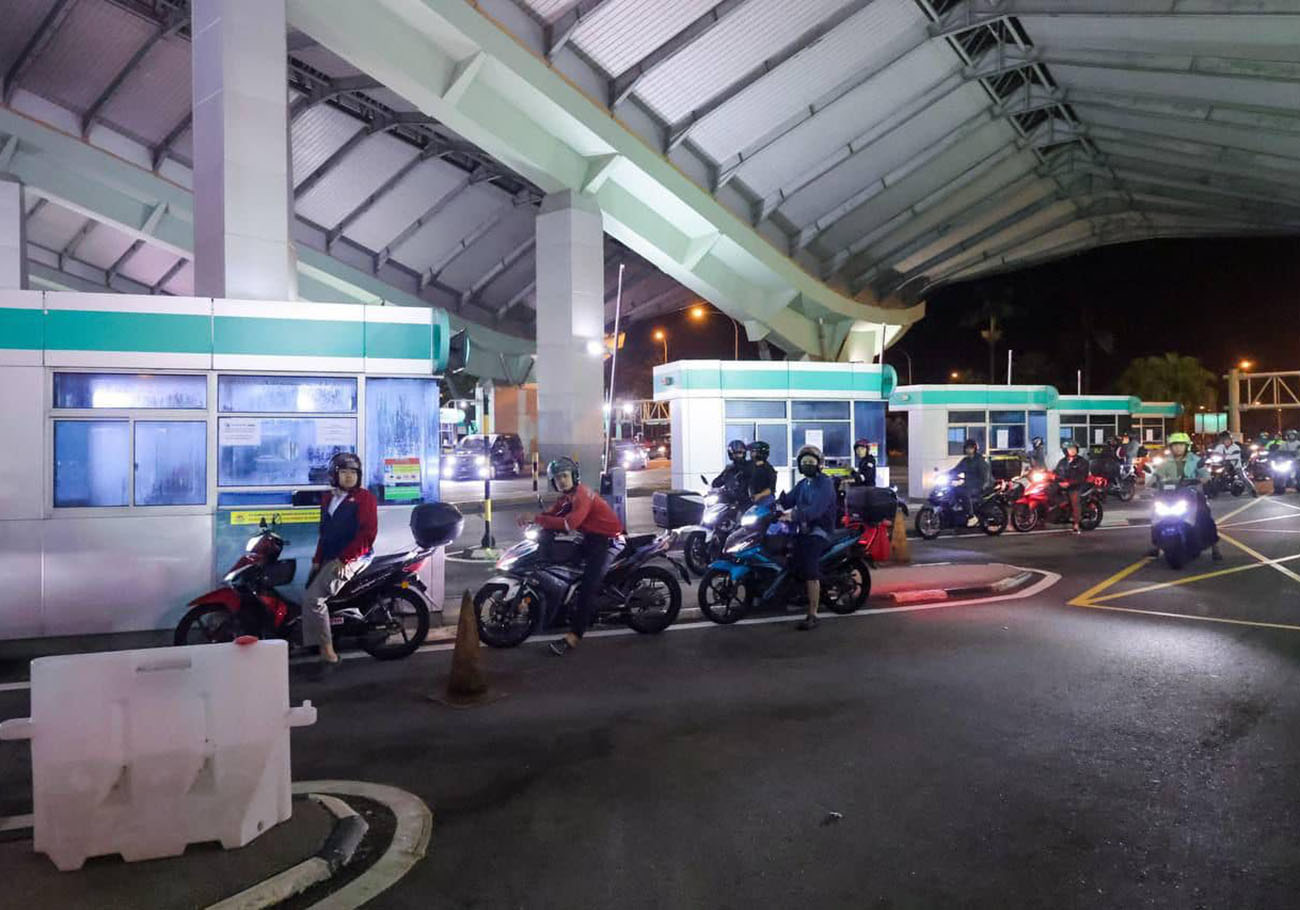
These projects are pivotal in mitigating congestion and streamlining processes at these crucial entry points.
Fadillah noted that the incentives provided to immigration officers are a vital component of this initiative, ensuring that the welfare of personnel is safeguarded. The allocation of RM7.93 million per year for incentives aligns with the concept of compassion outlined in the Malaysia Madani framework.
Travellers passing through CIQ to exceed 100 million
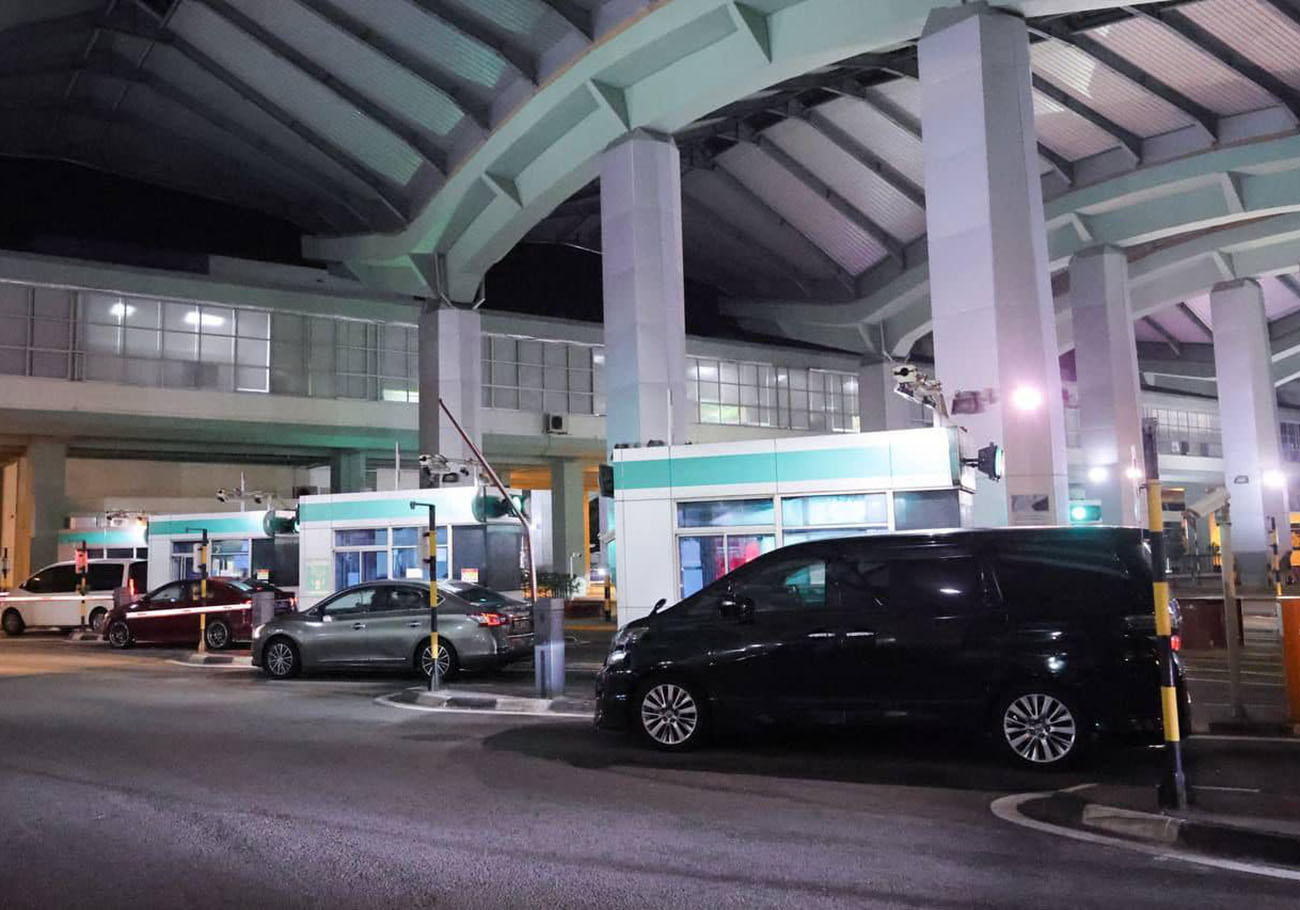
Fadillah revealed that a total of 21 initiatives have been planned to address traffic congestion at the Sultan Iskandar Building (BSI) and KSAB. Of these, 15 have already been completed, with five currently in progress, set to be fully finalized by February 2025. There is one initiative that remains pending implementation.
In the first nine months of this year, the number of travellers passing through these CIQ complexes reached 98 million, with expectations to reach around 136 million by year-end, matching pre-Covid statistics from 2019.
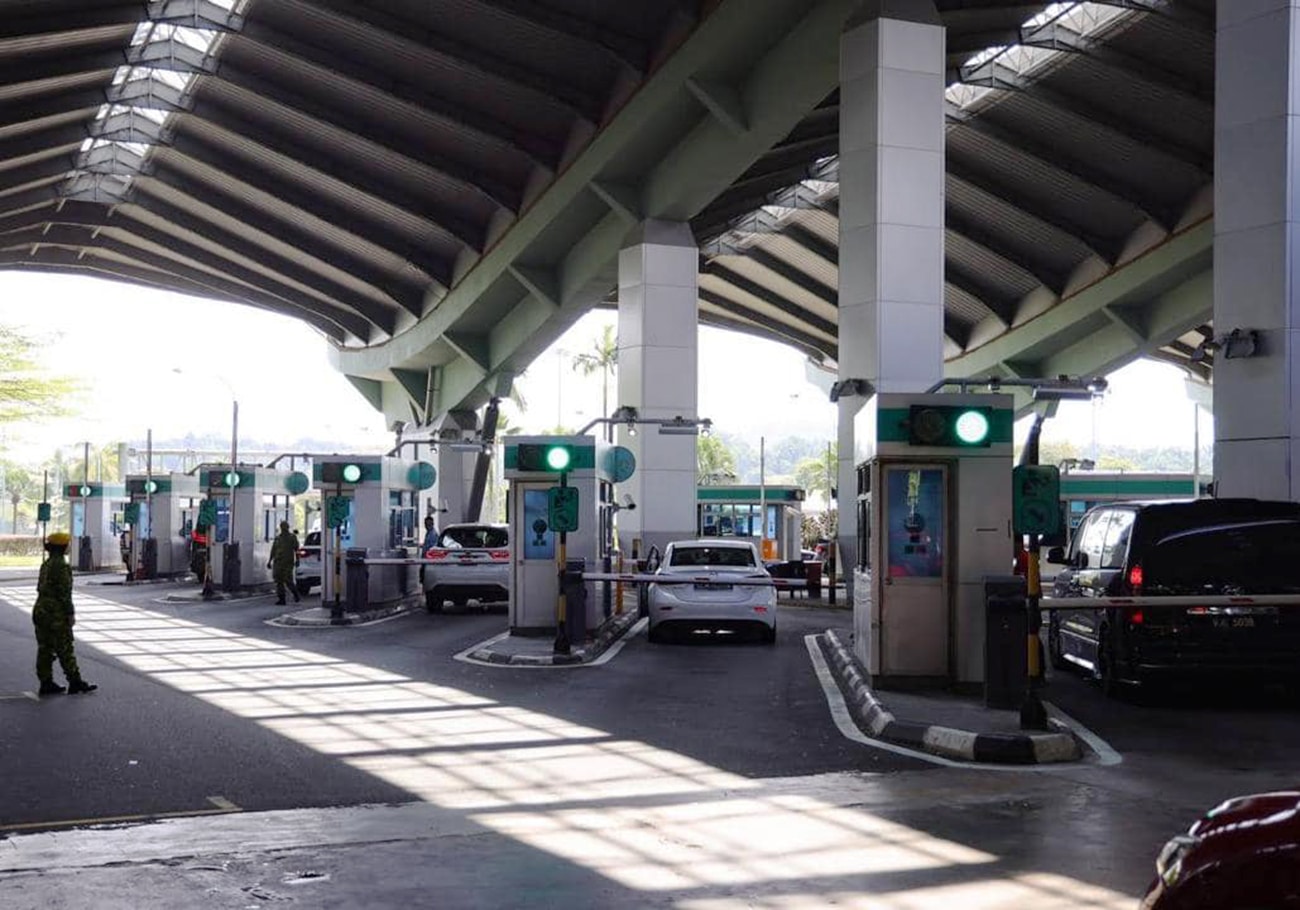
Fadillah anticipates a yearly increase of 15% in traveller numbers and foresees approximately 157 million travellers crossing the two land checkpoints between Malaysia and Singapore by 2025.
He also highlighted the significance of automated gates, particularly during peak hours, as they can significantly enhance the efficiency of immigration processes and alleviate the burden on manual counters. These developments aim to create smoother and more efficient entry and exit experiences for travellers.
The allocation of RM168.7 million represents a significant step in addressing traffic congestion at critical entry points, with a focus on the Customs, Immigration, and Quarantine (CIQ) complexes. It encompasses infrastructure projects and incentives for immigration officers aimed at improving the welfare and efficiency of personnel.


